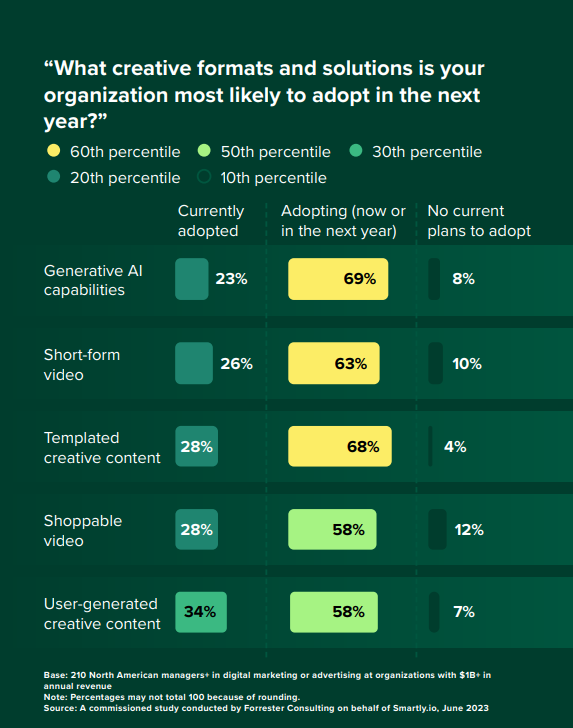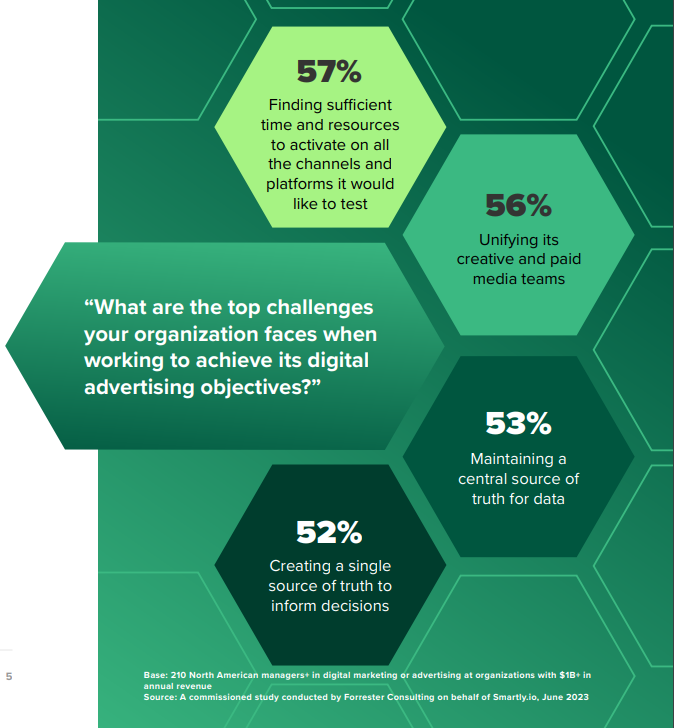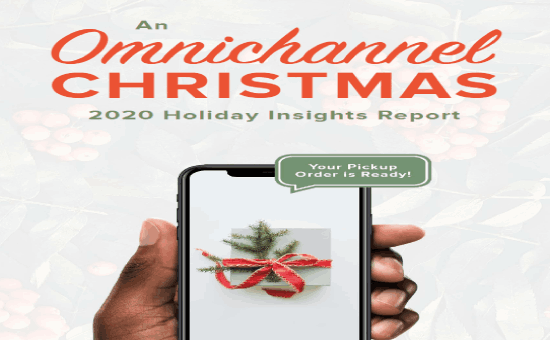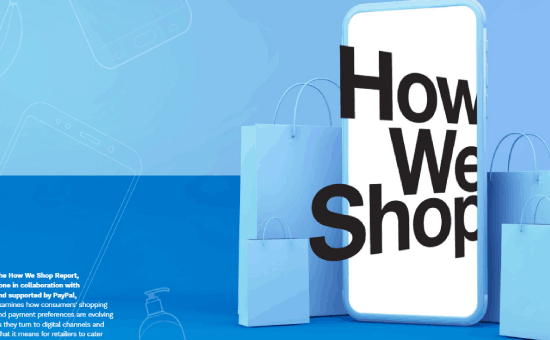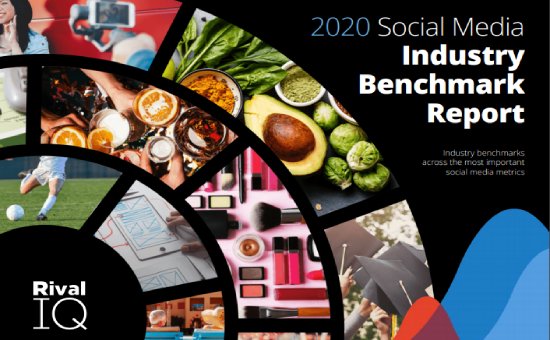Forrester Report: Optimize Creative and Paid Media Through a Single Source of Truth | Smartly.io
Warning: Undefined array key 0 in /home/dmc/public_html/wp-content/themes/DMC/single-report.php on line 19
Warning: Attempt to read property "name" on null in /home/dmc/public_html/wp-content/themes/DMC/single-report.php on line 19
|
Warning: Undefined array key 0 in /home/dmc/public_html/wp-content/themes/DMC/single-report.php on line 21
Warning: Attempt to read property "name" on null in /home/dmc/public_html/wp-content/themes/DMC/single-report.php on line 21
The Table of Contents of “Optimize Creative And Paid Media Through A Single Source Of Truth ” Forrester Report :
- Overview
- Current state
- challenges
- opportunity
- Conclusion
Number of Pages:
- 12 pages
Pricing:
- Free
Methodology
This Opportunity Snapshot was commissioned by Smartly.io. To create this profile, Forrester Consulting supplemented this research with custom survey questions asked of 210 North American managers in digital marketing or marketing at organizations with $1 billion or more in annual revenue. The custom survey began and was completed in June 2023.
Warning: Undefined array key "sidebar_ads" in /home/dmc/public_html/wp-content/themes/DMC/functions/helpers.php on line 824

